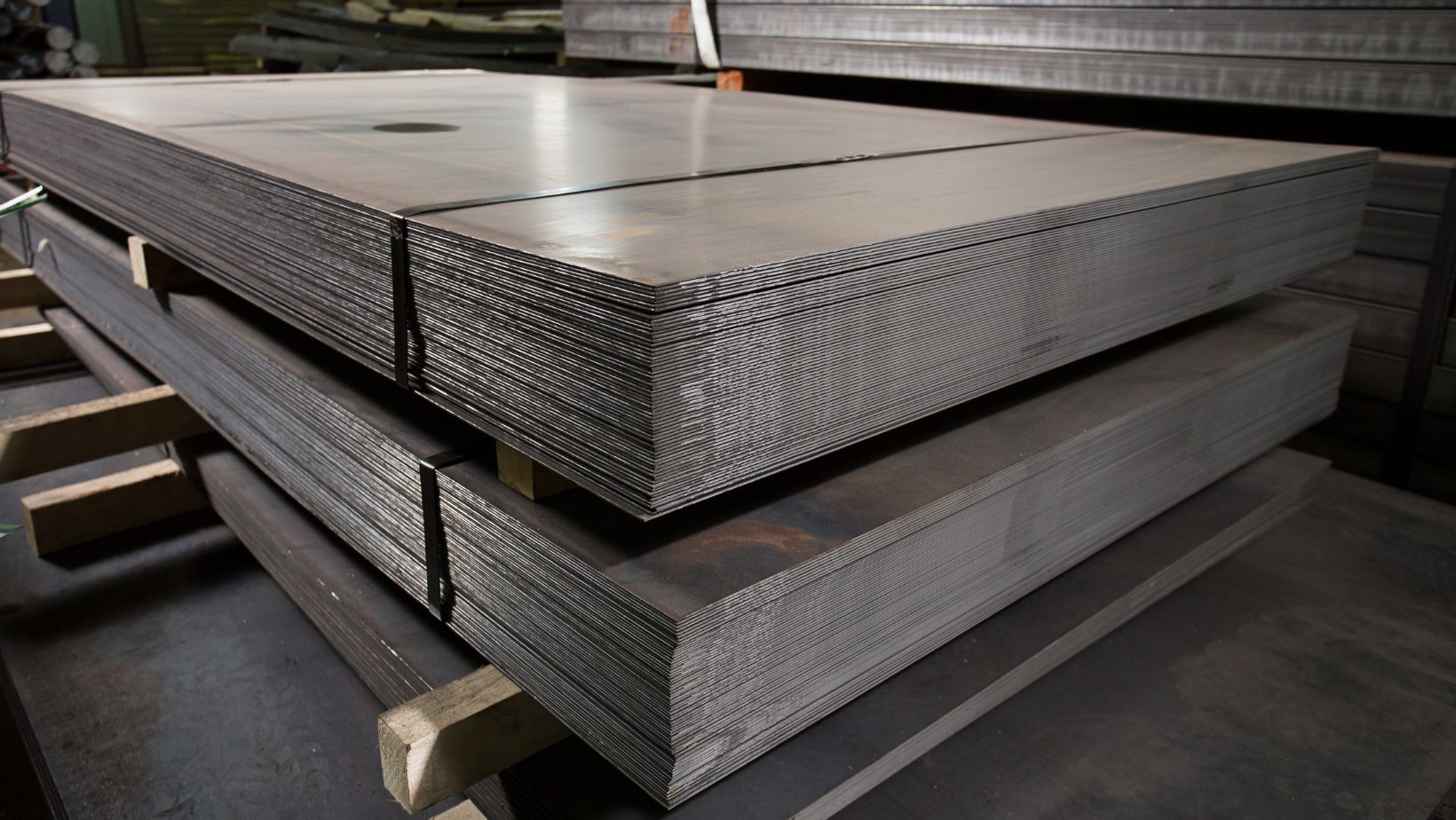Stainless steel is an advanced form of steel. However, unlike steel, it is resistant to rust and corrosion due to the presence of other compounds like iron, carbon, and chromium. Due to its resistive properties, stainless steel has almost replaced steel in different sectors like mechanical equipment, kitchen accessories, and other applications. Stainless steel is available in sheets of varying thicknesses, further forged into different shapes.
SS comes in different grades depending on the composition and structural properties. Multiple degrees of stainless steel are available in the market and are recognizable by standard code numbers like 316, 304, etc.
A 304 stainless steel sheet is the most common category of industrial steel. It is mainly used in food equipment like cookers, grinders, etc. However, it also finds its applications in architectural uses and mechanical components.
Uses Of 304 SS Sheets
Stainless steel is a versatile metal used for different types of product manufacturing because it is resistant to abrasions, chemicals, and rust. Here are some common applications.
Household Products
The various household products are one of the most common applications of 304 SS sheets. It is commonly used for making doorknobs and handles. Stainless steel candle stands are also available nowadays.
In addition, most kitchen accessories use stainless steel. Pressure cooking pots are a standard illustration. Moreover, cutlery like knives, forks, blender blades, and plates are commonly made from 304 stainless steel.
Automobiles
Automobile components require maximum durability and environmental resistance. And 304 SS delivers that. Engine pipes, fuel tanks, vaporizers, and water filtration system components are all chunks of stainless steel. Similarly, stainless steel parts are also used in aircraft machinery and engines.
Tools
Stainless steel screwdrivers, wrenches, lifting jacks, and pliers are the standard members of every emergency repair car kit. However, if you have noticed, they don’t rust despite the lack of maintenance. It is because the chemical composition of the metal makes it rust-resistant. Similarly, nuts, coils, fasters, and screws are also made from 304-grade stainless steel.
Pharmaceuticals
Medicine manufacturing equipment requires sturdy parts which are resistant to medicinal chemicals. The 304-grade stainless steel makes an ideal choice here as well. Moreover, the metal is also used to make stainless steel surgical equipment which lasts long despite the frequent exposure to sterilizing chemicals.
Benefits Of Using 304 Stainless Steel Sheets
What makes the material so versatile that it is everywhere, from your home kitchen to a neurosurgeon’s operation table? The list of benefits below will clarify.
Increased Resistance
As mentioned earlier, stainless steel 304 is readily resistant to chemicals and corrosion. Corrosion occurs when the iron molecules on the material’s surface oxidize with oxygen in the air. However, the carbon and chromium combination reduces this oxidization scale making the material rust-resistant. Due to the added compounds, it also offers more mechanical strength.
Ductility
304 stainless steel is easily workable. You can mold it in all kinds of shapes without much manufacturing cost. Stalinization is also easy as the metal effectively cleans via common and economical sanitization methods like vapor or dry cleaning.
Non-Magnetic
Magnetic induction causes wear and tear. Therefore, chemical fusion tanks are constructed from materials resistant to magneticity. Stainless steel 304 provides the best results in this regard as well.
The Bottom Line
Industrial manufacturing requires ultimate precision, and selecting a suitable material is an integral part of the process. Stainless steel is a versatile metal that has good workability and higher resistance. However, it is crucial to choose suitably graded sheets.
304 stainless steel sheets are the most common. They are used to make a wide range of products, from kitchen sinks to aircraft exhaust systems. Moreover, screws and other fasters are made from this metal to ensure strength and durability. Stainless steel components are also utilized in medical and petroleum industries as it has unmatched chemical resistance and low manufacturing costs.


